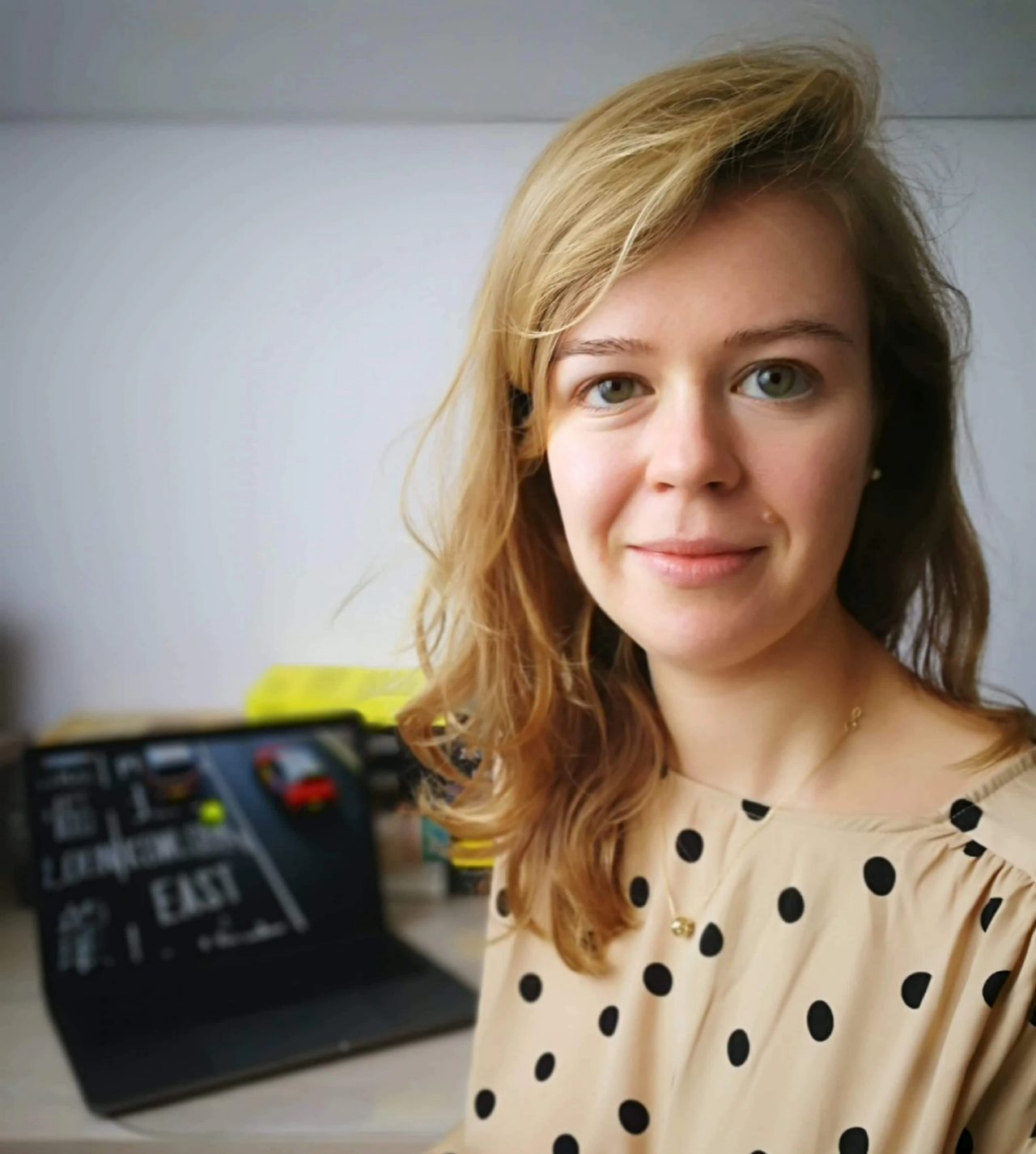Nowadays, technology is closer to us than ever before, writes //next author Alexandra Buszko in her second article about mobile apps. She finds the fact that we can usually use apps without much technical knowledge particularly fascinating. What's more, almost anyone can now develop their own application.

By Alexandra Buszko, Digital Product Owner at ERGO Technology & Services
In my previous article I focused on the history of the mobile apps and introduced some interesting facts about the mobile market. With this article, I would like to continue the mobile app journey concentrating on the technicalities and the future of apps.
We have plenty of available solutions on the market, where you can build the app with no coding, for example by using the web to app converters. For those who have a fear of programming, I recommend trying some drag & drop solutions, where you can have your own app with just a couple of clicks. If you are tech savvy you can save your time and, thanks to Flutter or React Native languages, write apps for both iOS and Android platforms at once. And last but not least you can have an app designated team with skilled devs, who develop an app for each of the platforms.
At ERGO we value the quality, thus we decided to choose to develop the apps natively. According to Piotr Jeremicz, iOS developer, who has experience in React Native and native languages, there is no better solution than native programming:
“I would recommend cross-platform programming only when it comes to small, short term projects, so called POC. Here, React Native works quite well as it allows to have both platforms covered very fast. In long term projects, where we do plan updates and improvements, Flutter and React native will not be the best. Why? Firstly, they are maintained by the community, thus it takes some time till they cover changes introduced to the platform (for ex. introduction of new iOS version, face recognition). Whereas in native programming languages this is done by the software producer. Development by community might be associated with bugs – it needs double check on the developer side and waiting for updates if needed. If you think that cross-platform programming requires less tech skills, you are completely wrong. It does require both iOS and Android knowledge, but also dev needs to be familiar with the environments that build the solution. As an interesting fact, I will recall that neither Google (although they are author of Flutter), nor Facebook and Airbnb (leaders of React Native, though several attempts) resigned to use this technology in their top products. Summing up, although cross-platform programming might seem to be faster in the beginning, in the end it might lead to higher costs than estimated. This is due to the fact, that cross-platform projects are more difficult to maintain, there is lots of dependencies and changes are more dynamic.”
Mobile apps are constantly evolving. Trends and technology are the main drive for mobile app development. One of the most ubiquitous terms that is no longer foreign to us is IoT. Internet of Things already transformed the mobile app industry and definitely there is still space for it. The IoT market is valued to be USD 1.1 trillion by 2023 and is spread in many directions, like home appliances, wearables, smart cars, toys and many more. Mobile apps serve as a frontend for the end user, where he manages the functionalities offered by other devices. IoT and cloud-enabled mobile apps will become a key trend due to their ability to cope with redundant data and connect multiple devices in real time. In the future, apps will need to speak to the user, just like the devices built on IoT do nowadays. The capability to connect many parts/things with APIs will be the key part of the mobile app development.
Other trends worth tracking are: AI, AR, VR. Artificial Intelligence that uses speech recognition, natural language processing, machine learning can offer the user the experience he is looking for - analyse the user behavior and adapt the app with its features accordingly. Augmented Reality and Virtual Reality are part of the revolution in the gaming & entertainment sector - who of us did not hear about Pokemon Go?
Last but not least, beacon technology is gaining on popularity. Together with IoT, Beacon technology can make a real revolution in healthcare, museums, hospitality, game industry (more games again) and retail. Beacons provide extreme benefits in localisation technology and app marketing. It can help to connect businesses with their customers. Long story short: if the customer has a beacon-powered mobile app on the device, whenever he enters the beacon’s zone, the app will get the signal and accordingly show on the mobile customised notifications.
The scheme application development evolves, is similar to the idea that traditional technologies had in the past. In order to predict the future of mobile apps we can take a look back. Customers, who are the main drive for any branch, always wanted more, and the technology can easily provide them with this. According to Gartner, the buzz word for the mobile app industry should be multi-experience. We might assume that the future of application development will look bright and very different from today's technology. Mobile apps are not dying, they are stepping in with bigger impact than ever before. Apps are emerging with a new mindset and a revolutionary vision for the future.
Here, I would like to leave the last word, to the biggest mobile visionary of our times, that summarises the trends better, than nothing else. Although the commercial comes from 2009, yet still very up to date:

Aleksandra Buszko is a Digital Product Owner at ERGO Technology & Services. She has been working in mobile app projects for almost three years, first as an analyst, now as a product owner. Together with the team, she works on various apps from the ERGO portfolio. Currently, Aleksandra is dedicating most of her time to the development of a brand new IoT app, which will be launched soon.
Most popular